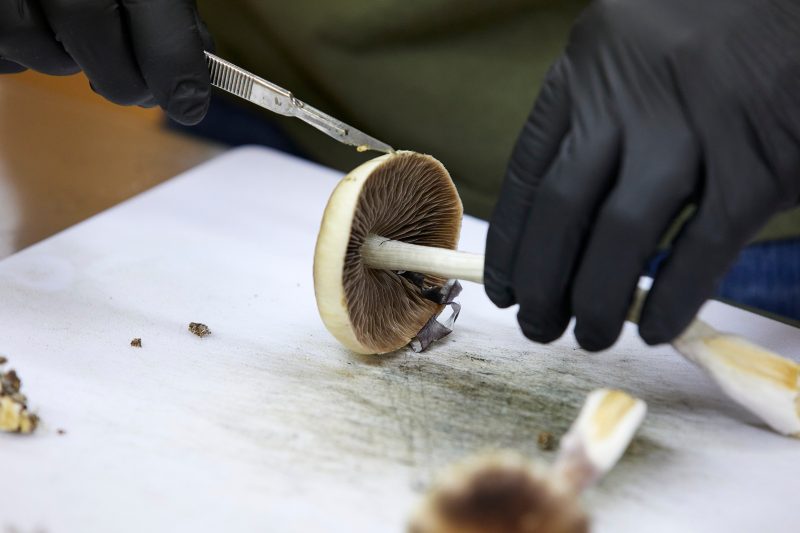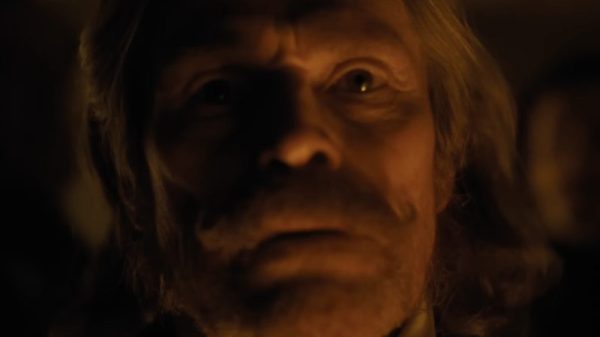Psychedelic Drugs: A New Frontier in PTSD Treatment for Veterans
Post-Traumatic Stress Disorder (PTSD) is a condition that affects millions of individuals worldwide, with veterans often being particularly vulnerable. The Department of Veterans Affairs (VA) recognizes the pressing need for effective PTSD treatments and has recently considered an unconventional approach: the use of psychedelic drugs. This groundbreaking avenue of exploration holds promising potential for revolutionizing mental health treatment in veterans.
In recent decades, psychedelics such as psilocybin, MDMA, and LSD have emerged as potential therapeutic tools in the field of mental health. Once classified as Schedule I substances, these compounds are now being reconsidered for their healing properties. Various studies have indicated that these substances can aid in treating various mental health conditions, including depression, anxiety, and addiction. Building upon this body of research, the VA is now contemplating the use of psychedelics to address the complex nature of PTSD among veterans.
PTSD is characterized by hyperarousal, flashbacks, nightmares, and severe anxiety triggered by trauma-related stimuli. Traditional treatments, such as psychotherapy and medication, have shown some efficacy, but they fall short in providing long-lasting relief for many individuals. This has led researchers to explore alternative avenues, and psychedelics are emerging as one such possibility.
Psilocybin, the active compound in magic mushrooms, has shown remarkable potential in reducing the symptoms of PTSD. Recent studies have found that psilocybin-assisted therapy can significantly reduce depressive symptoms and improve overall emotional well-being in patients with treatment-resistant depression. It is believed that psilocybin promotes neuroplasticity, leading to enhanced emotional regulation and decreased reactivity to trauma triggers – key factors in mitigating PTSD symptoms.
Another psychedelic, MDMA (commonly known as ecstasy), has also demonstrated encouraging results in clinical trials. The Multidisciplinary Association for Psychedelic Studies (MAPS), a non-profit research organization, has conducted Phase II trials where MDMA-assisted therapy allowed 56% of participants with chronic, treatment-resistant PTSD to no longer meet the diagnostic criteria after just two months. This innovative approach may have the potential to revolutionize current treatment modalities and offer substantial relief to veterans suffering from the burdens of their past traumas.
While psychedelics may hold great promise in PTSD treatment, caution must be exercised when integrating them into clinical practice. The VA would need to develop comprehensive treatment protocols, ensure the safety and well-being of patients, and train therapists proficient in psychedelic-assisted therapy. Furthermore, legal and regulatory frameworks would need to be adapted to allow for the controlled and supervised administration of these substances in controlled environments.
It is essential to emphasize that the use of psychedelics in PTSD treatment is still in its experimental stages. Further research is needed to understand the long-term effects, potential risks, and optimal dosage guidelines for different patient populations. These substances should not be viewed as standalone solutions but rather as tools to supplement comprehensive therapeutic approaches.
Ultimately, the consideration of psychedelics for the treatment of PTSD among veterans signifies a progressive shift in mental health care. By exploring novel therapies, the VA demonstrates its commitment to providing innovative and effective alternatives for those who have bravely served their country. This innovative approach to mental health acknowledges the unique needs of veterans and offers hope for a brighter, trauma-free future. As research progresses, the potential of psychedelic drugs to alleviate the heavy burdens of PTSD grows ever more promising.





























